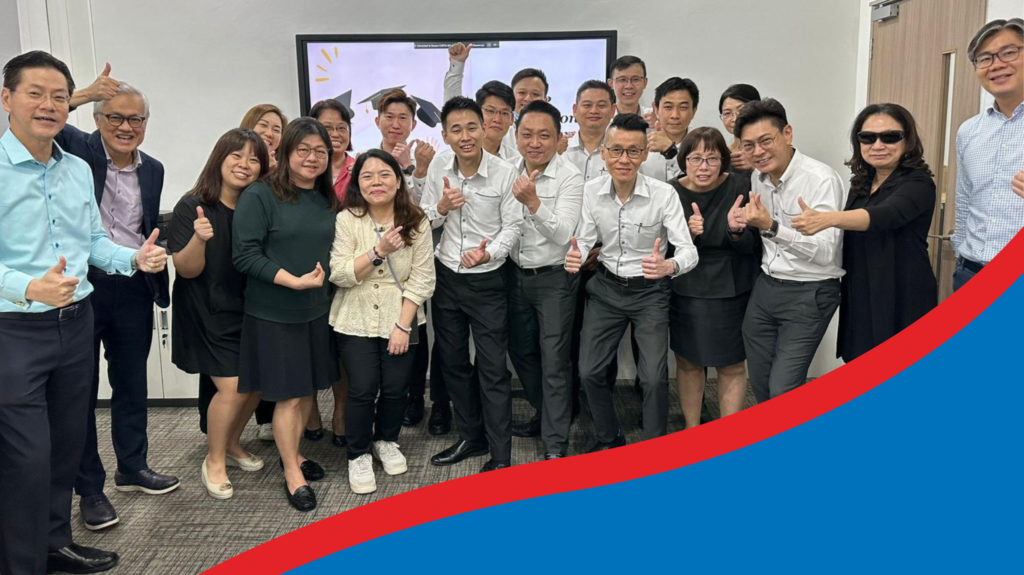As we embark on a journey toward technological excellence and embrace the digital revolution, a transformative shift is underway in the workforce. This transformation brings forth a set of unique digital challenges, reshaping the very fabric of the job landscape and prompting individuals to embrace new skills and knowledge in order to remain pertinent. Herein lie the focal points of our exploration—the distinct digital challenges confronting the present-day workforce:
Job Placement and Industry Transformation
Automation, driven by the relentless march of artificial intelligence and robotics, has ushered in a significant paradigm shift across various industries. One of the most profound challenges arising from this transformation is the potential for job displacement. As automation technologies advance, tasks that were once the domain of human workers are now being swiftly taken over by machines. This phenomenon is most evident in industries like manufacturing, where assembly line jobs that were once performed by skilled workers are now efficiently handled by robotic arms and automated systems. Retail, too, has witnessed the rise of self-checkout kiosks and automated inventory management, fundamentally altering the roles of cashiers and inventory clerks. As automation reshapes the very landscape of industries we’ve long been familiar with, the workforce must confront the looming question of whether their roles are susceptible to displacement or transformation. This challenge forces us to rethink not only the skills we bring to the table but also the industries we engage with, encouraging a proactive approach to adaptation and evolution in a swiftly changing job ecosystem.
Digital Literacy and Digital Divide
In the midst of the digital revolution, a new challenge has emerged—bridging the gap between digital literacy and the digital divide. While some individuals effortlessly navigate the complexities of the digital landscape, others find themselves grappling with a lack of familiarity. This divide is particularly evident in older generations and those from less privileged backgrounds. As we transition into an era of digital transformation, the urgency of ensuring that everyone possesses the necessary digital literacy cannot be overstated. James Cook Institute (JCI) is proud to be one of the approved training providers to offer SkillsFuture for Digital Workplace 2.0 programme, designed to help corporates and individuals equip themselves to overcome and succeed in this digital transformation era. Without a solid foundation in understanding and effectively utilizing digital tools, individuals risk being left behind in a world where digital skills are integral to participation. The challenge is twofold: not only must we empower those who are digitally disadvantaged, but we also need to prepare the upcoming generations with the skills they need to thrive in the digital age. Addressing this challenge calls for concerted efforts, such as digital literacy programs, partnerships between public and private sectors, and mentorship initiatives that uplift those who might otherwise be excluded from the digital revolution.
Rapid Technological Advancements
The digital landscape is a realm of constant innovation and rapid evolution. Keeping up with the latest technological advancements has become an essential challenge as we advance into the realm of digital innovation. The speed at which technologies emerge, transform, and become obsolete can be dizzying. What was groundbreaking yesterday might be outdated today. The challenge lies in navigating this ever-changing landscape, ensuring that our skills remain relevant and our knowledge remains current. As we strive to adapt to the digital age, we must embrace a mindset of continuous learning and a readiness to adapt to new technologies, whether it’s mastering new software, understanding emerging trends, or exploring innovative platforms that can shape the way we work and live.
Cybersecurity Threats
With the tremendous benefits of digitalization come critical challenges, and none is more pressing than the growing realm of cybersecurity threats. As we embark on this era of digital transformation, the increase in digital interactions, transactions, and data sharing opens up vulnerabilities that cybercriminals are quick to exploit. From phishing scams to data breaches, the digital landscape can be a minefield of threats. To address this challenge, not only do individuals need to practice vigilant online behavior, but organizations must also prioritize cybersecurity education and invest in robust security measures. The race between technological advancement and safeguarding against cyber threats requires a multifaceted approach, combining technological solutions, employee training, and a culture of cybersecurity awareness.
Remote Work Challenges
The COVID-19 pandemic catalyzed a rapid shift to remote work, a transformation that comes with its own unique set of challenges. While technology has enabled us to work from anywhere, the blurred boundaries between work and personal life, the isolation of virtual interactions, and the need for effective digital communication are all hurdles to navigate. Ensuring productivity, maintaining team cohesion, and fostering employee well-being in a remote environment present challenges that require a delicate balance. As we embrace remote work, we must focus on strategies that promote work-life harmony, strong virtual connections, and effective collaboration to overcome these hurdles.
Skill Obsolescence
In the face of rapid technological advancements, the challenge of skill obsolescence looms large. The skills that were highly valued yesterday may become outdated tomorrow. This challenge is not confined to specific industries; it affects professionals across the spectrum. The need to constantly update our skills and stay relevant in the job market is an urgent imperative. Embracing this challenge involves acknowledging that learning is a lifelong endeavor. Individuals must be prepared to unlearn, relearn, and upskill continuously. Organizations, too, have a role to play by offering training opportunities and fostering a culture of learning that values adaptability as much as expertise.
Big Data and Analytics
In the age of information, the sheer volume of data generated daily is both a challenge and an opportunity. The challenge lies in effectively harnessing this data and transforming it into actionable insights. James Cook Institute (JCI) recognizes the importance of harnessing Big Data and Analytics. Big data and analytics offer immense potential for informed decision-making and innovation, but the complexity of data management, privacy concerns, and the need for skilled data analysts can pose obstacles. Addressing this challenge involves equipping individuals with data literacy skills and organizations with the tools and frameworks to manage and analyze data effectively. Embracing the power of data can empower us to make informed choices that drive progress in the digital age.
Conclusion:
Embracing the digital age comes with a host of challenges that we must navigate to unlock the possibilities of a digitally empowered future. From the speed of technological change to the intricacies of cybersecurity, each challenge demands our attention and proactive efforts. By fostering a culture of continuous learning, prioritizing cybersecurity awareness, embracing remote work with a human touch, adapting to skill demands, and harnessing the potential of data, we can forge a path forward that capitalizes on the opportunities while mitigating the challenges that come with a digitally transformative era.
Please find out more about SkillsFuture for Digital Workplace 2.0 programmes here.





